Dec 27,2021
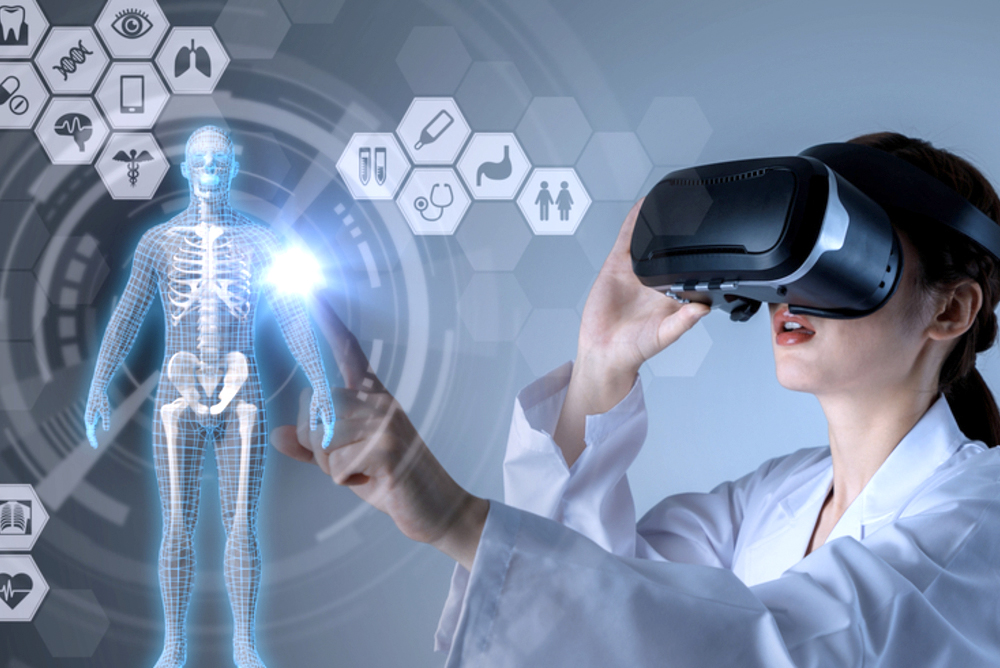
Virtual Reality Therapy Grows in Popularity Among Mental Healthcare Professionals
Virtual reality therapy has been on the rise in popularity among mental healthcare professionals.
A recent study from the American Psychological Association found that VR therapy is being used to treat a variety of conditions including PTSD, anxiety, and addiction. In just a few decades, virtual reality has expanded from strictly an entertainment device into one that can offer therapeutic relief for many people. What's more, it's a more affordable option for those with low-incomes or without access to insurance coverage.
The move towards virtual reality therapy is the latest example of the way technology is changing mental health care. Doctors are taking advantage of video chat services like Skype to offer remote therapy sessions at a reduced cost. These services are more accessible than ever before and allow people to get treatment when they need it most, instead of waiting for an appointment or struggling to find an in-person therapist in their area.
Continue Reading...

Dec 19,2021

Artificial Intelligence - Are Our Jobs At Risk?
Artificial Intelligence is the process of converting raw data into information that leverages computers to mimic the problem-solving and decision-making capabilities of a human mind. This obviously leads us to the ultimate question - will machines replace us (at least in the job market)?
Continue Reading...

Dec 12,2021
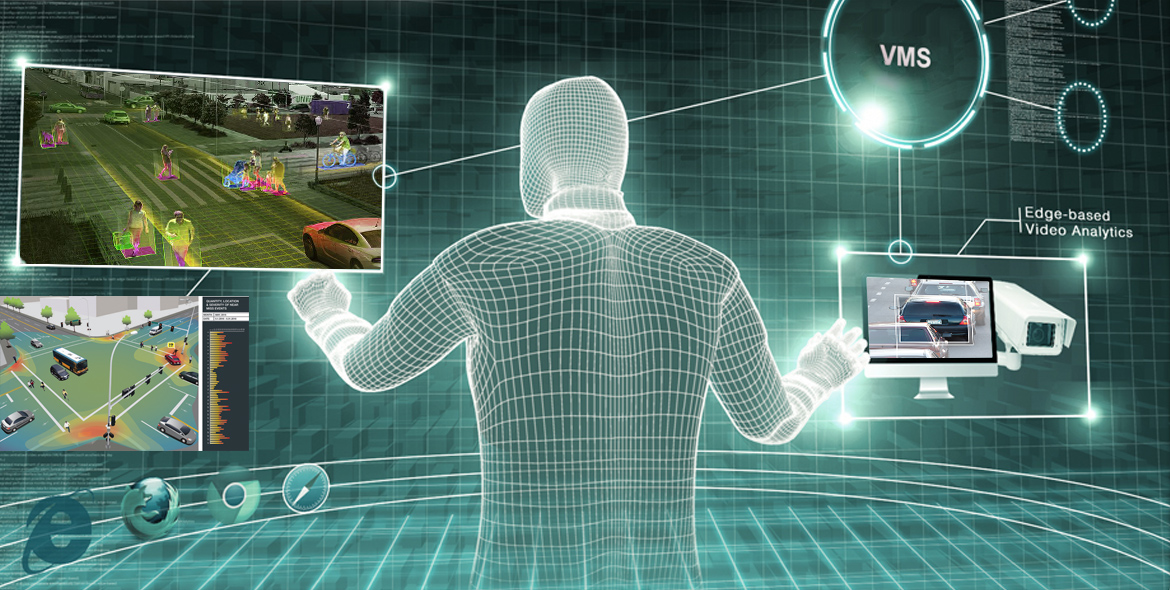
Computer Vision and Crime Analytics: How Technology is Revolutionising Law Enforcement
The purpose of Computer Vision in the field of Law Enforcement enables officers with a powerful tool that helps detect, analyze and produce information that results in reduced response time, increased efficiency and will eventually lead to safer neighborhoods.
Continue Reading...

Dec 05,2021

Virtual Reality in Education: The Future of Learning
Virtual Reality experiences and simulations are progressing at an exponential scale. VR simulations enable users to engage in various activities in a safe and controlled environment.
Continue Reading...

Nov 28,2021
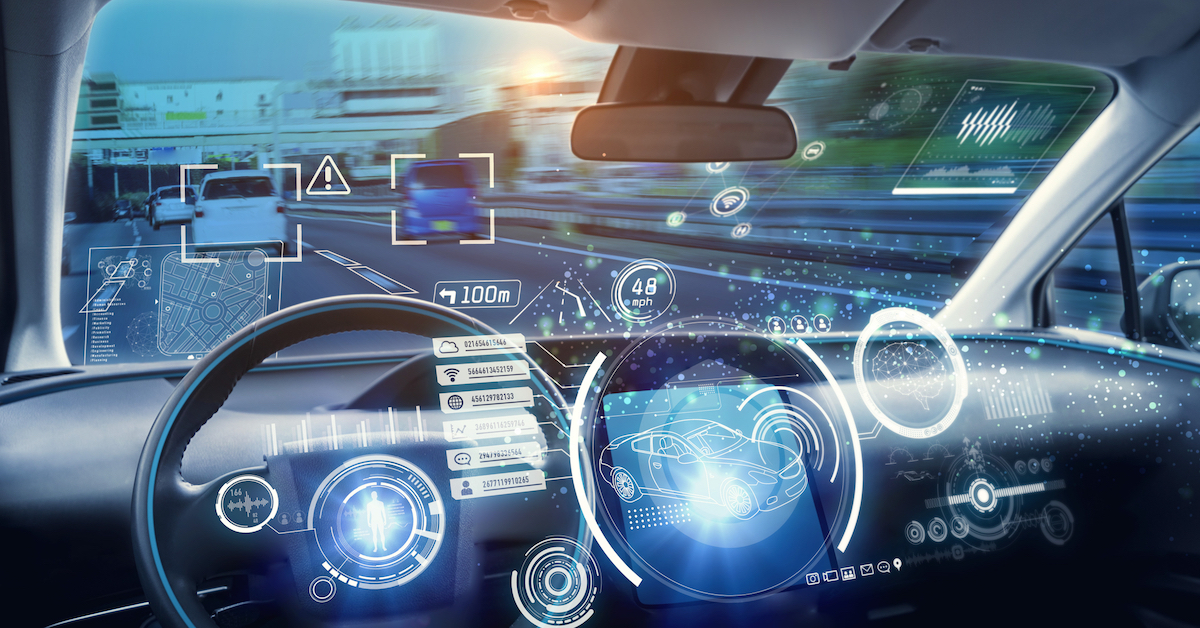
Computer Vision Will Lead to Safer Roads: The Future is Bright
The current process to maintain road assets is a time-consuming, manual labor-intensive process, error-prone and costly.
Computer Vision will eliminate the limitations of the traditional survey process & deliver efficiency across the value chain. This will result in better response time to fix road asset issues, making roads and highways safer.
Continue Reading...

Nov 21,2021
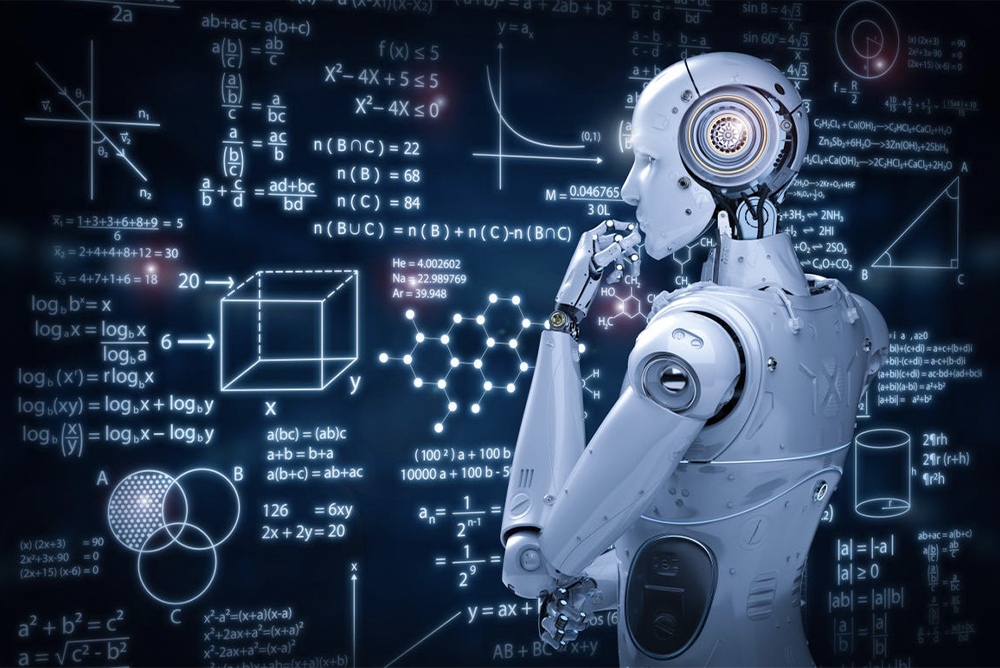
Machine Learning Could Improve Your Life: Here's How
Machine Learning is the study of computer algorithms that has the capability of automatically improving itself by constantly processing data that are fed to it.
Continue Reading...

Nov 15,2021
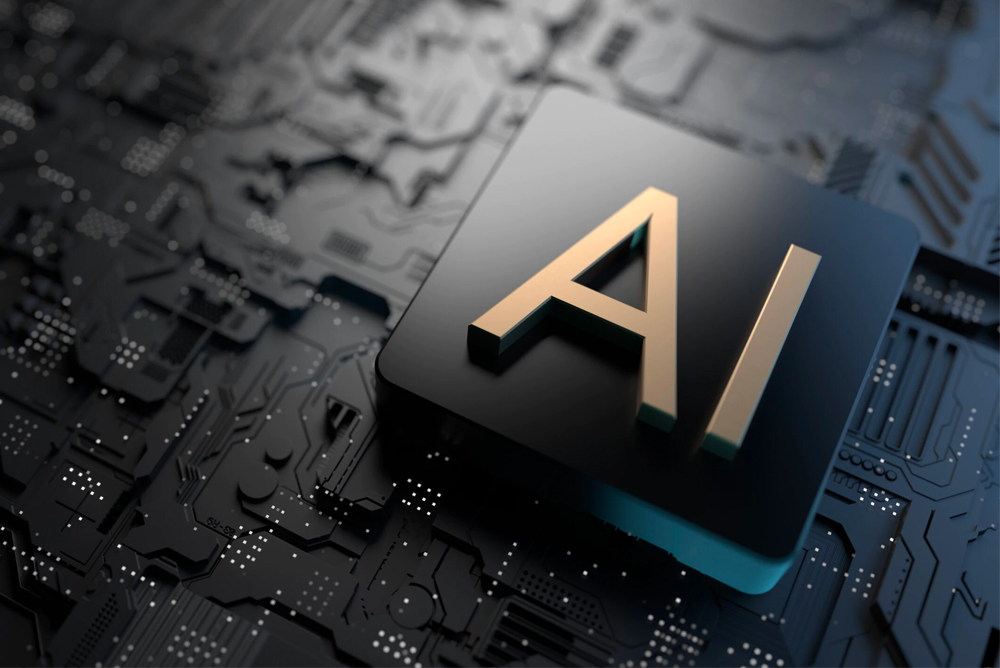
What is Artificial Intelligence and How Can it Benefit Your Business?
Artificial Intelligence stands at the forefront of technological innovations, leading to a more efficient, fast-paced and progressive way of life.
Continue Reading...

Feb 03,2021

How Computer Vision for Highway Asset Management Will Lead to Better and Safer Roads
Computer Vision (CV), your everyday term for some of the most cutting-edge technologies, is set to turn into your second-in-command (and may eventually get to be the first). The term applies to any tech-innovation that can enable computers to see (visualize) and interpret digital content, such as, images and videos. The concept straddles between the ever-evolving fields of AI (artificial intelligence) and machine learning. Today, computer vision successfully dominates major global sectors, starting from healthcare and finance to emergency and automotive industries. In fact, it is the latter where this phenomenon appears to be leaving its most noticeable mark. With much progress having already been made, experts are looking to optimize the role of computer vision in assisting both drivers and road-safety projects in the near future.
Continue Reading...


 Call
Call
 Mail
Mail